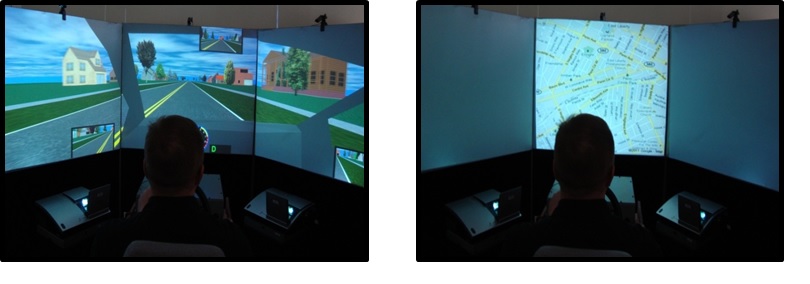Vehicle infotainment systems take drivers eyes off the road and hands off the wheel for potentially dangerous periods of time, according to the latest research from the
The AFTF commissioned researchers from the University of Utah to examine visual (eyes off road) and cognitive (mental) demands and the time taken to complete infotainment systems tasks on 120 drivers aged 12 -36 on 30 new 2017 model-year vehicles. The participants used voice command, touch screen and other technologies to make a call, send a text message, tune the radio or program navigation on down the road.
The research found that drivers using voice-based and touch screen features were visually and mentally distracted for more than 40 seconds and that a driver travelling at 40km/h (25mph) can travel the length of four football pitches in the time it can take to enter a destination in navigation.
None of the 30 vehicles infotainment systems produced low demand on drivers; while 12 systems generated very high demand, 11 generated high demand and 7 systems provided a moderate level demand. The researchers equate very high demand as the equivalent of a driver trying to balance a cheque book while driving and low-level demand to listening to the radio or an audiobook.
Researchers found infotainment systems could be made safer by following federal recommendations such as locking out text messaging, social media and programming navigation while the car is in motion.
AAA Foundation: Infotainment Systems distract and endanger drivers
Vehicle infotainment systems take drivers eyes off the road and hands off the wheel for potentially dangerous periods of time, according to the latest research from the American Automobile Association’s Foundation for Traffic Safety (AFTF). The AFTF commissioned researchers from the University of Utah to examine visual (eyes off road) and cognitive (mental) demands and the time taken to complete infotainment systems tasks on 120 drivers aged 12 -36 on 30 new 2017 model-year vehicles.











